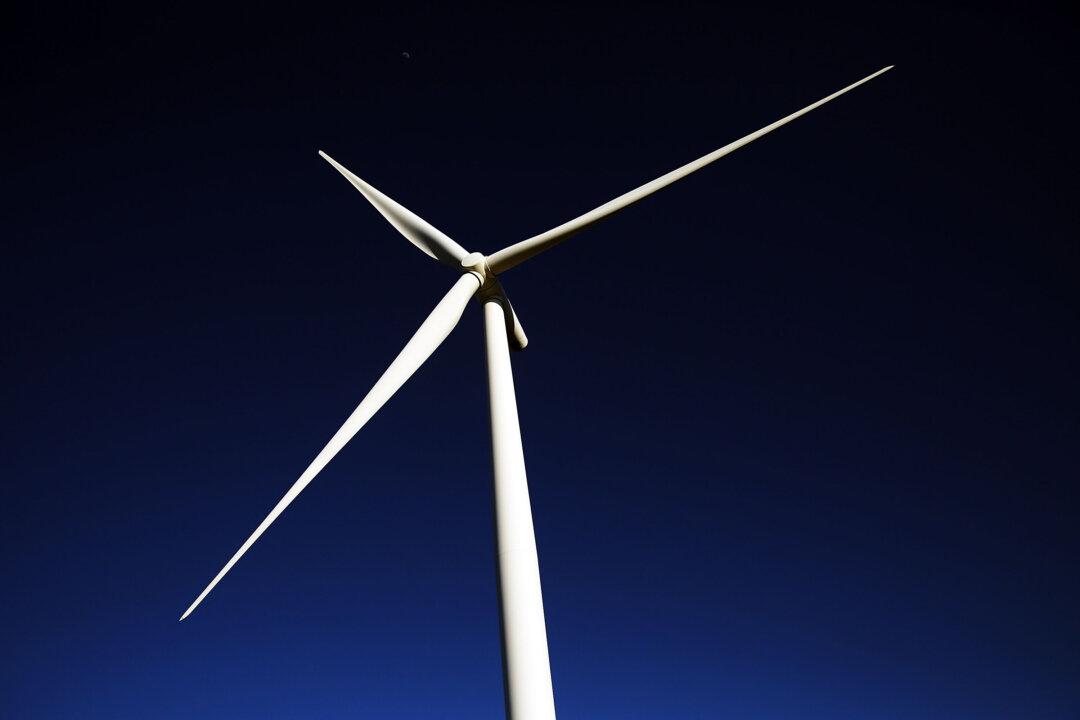Maine’s governor has signed a bill that bars any new offshore wind projects in waters under state jurisdiction, about a week after the state legislature approved the legislation.
The bill, which became effective immediately because it was introduced as an emergency measure, says that offshore wind power projects “may provide significant economic and environmental benefits to the State by generating renewable energy” but that siting them in Maine’s waters “may adversely affect resources, including scenic and aesthetic resources, and recreational and economic uses, including commercial fishing.”





